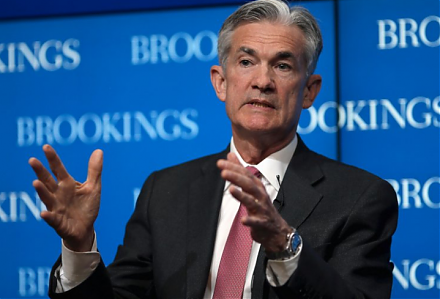

2017-11-17 09:42:00 Fri ET
treasury deficit debt employment inflation interest rate macrofinance fiscal stimulus economic growth fiscal budget public finance treasury bond treasury yield sovereign debt sovereign wealth fund tax cuts government expenditures
The Trump administration garners congressional support from both Senate and the House of Representatives to pass the $1.5 trillion tax overhaul (Tax Cuts & Jobs Act of 2017). With Republican majority in both congressional chambers, this current fiscal reform represents President Trump's first landmark economic policy legislation. The typical supply-side macroeconomist welcomes this fiscal overhaul and expects tax relief to trickle down to most U.S. households as well as corporations. Each American household will expect to benefit from this fiscal legislation in the form of tax cuts from $4,000 to $9,000 per annum. Also, most U.S. corporations face a substantial decrease in the effective corporate income tax rate from 35% to 21%. Furthermore, large U.S. multinational corporations can enjoy tangible tax credits for offshore cash repatriation during the indefinite Trump tax holiday. The Trump administration suggests that this tax overhaul is likely to help boost wage growth, job creation, and labor and capital productivity.
However, some market observers fear that the resultant tax cuts offer key U.S. corporations such as Cisco, Pfizer, and Coca-Cola etc to distribute cash to their shareholders in the form of near-term dividend payout and share buyback.
If any of our AYA Analytica financial health memos (FHM), blog posts, ebooks, newsletters, and notifications etc, or any other form of online content curation, involves potential copyright concerns, please feel free to contact us at service@ayafintech.network so that we can remove relevant content in response to any such request within a reasonable time frame.
2018-04-26 07:37:00 Thursday ET

Credit supply growth drives business cycle fluctuations and often sows the seeds of their own subsequent destruction. The global financial crisis from 2008
2019-05-07 09:30:00 Tuesday ET

The Trump team receives a 3.2% first-quarter GDP boost as Fed Chair Jay Powell halts the next interest rate hike in early-May 2019. This smooth upward econo
2018-03-27 07:33:00 Tuesday ET

CNBC's business anchorwoman Becky Quick interviews Nobel Laureate Joseph Stiglitz on the current trade war between America and China. As America imposes
2023-12-05 09:25:00 Tuesday ET

Better corporate ownership governance through worldwide convergence toward Berle-Means stock ownership dispersion Abstract We design a model
2017-08-13 09:36:00 Sunday ET

Several investors and billionaires such as George Soros, Warren Buffett, Carl Icahn, and Howard Marks suggest that the time may be ripe for a major financia
2018-09-03 09:31:00 Monday ET

Amazon follows Apple to become the second American public corporation to hit $1 trillion stock market valuation. Amazon's founder and chairman Jeff Bezo